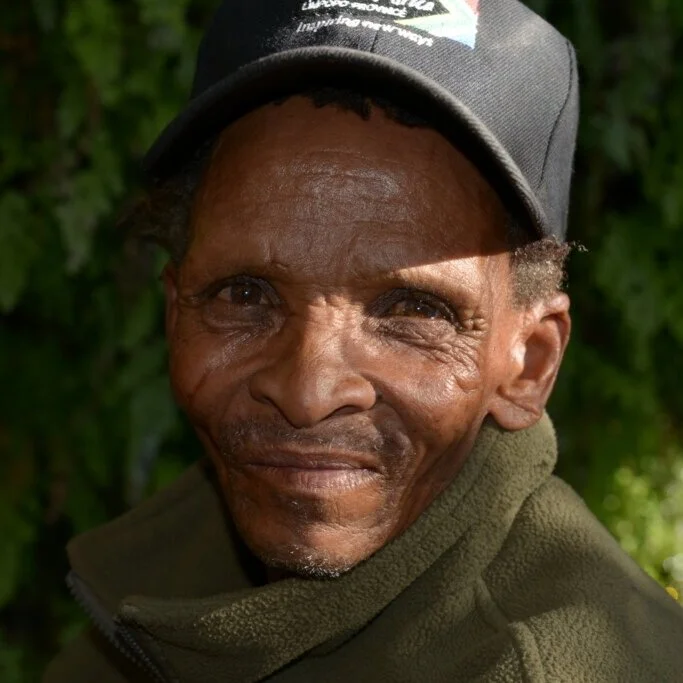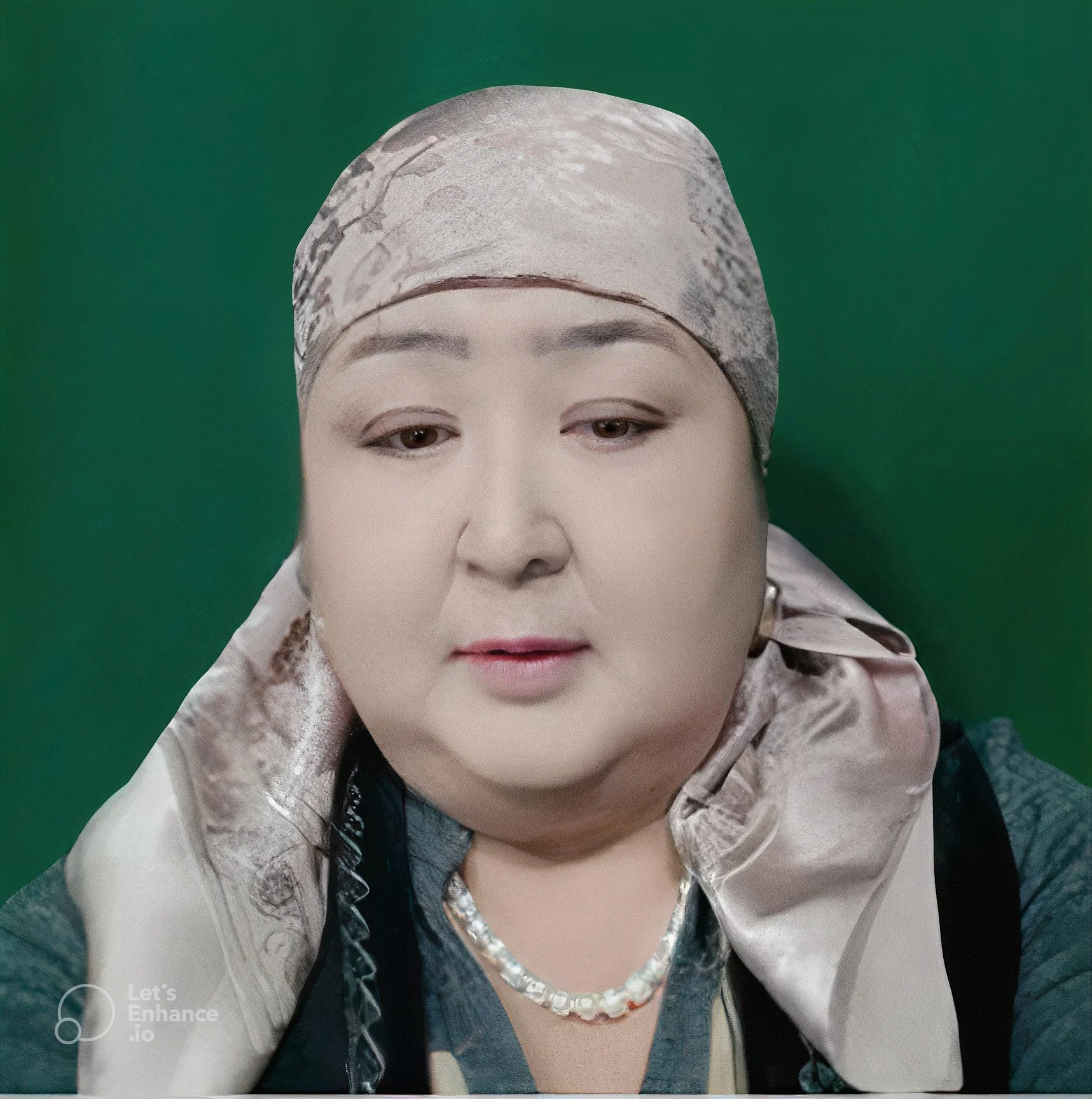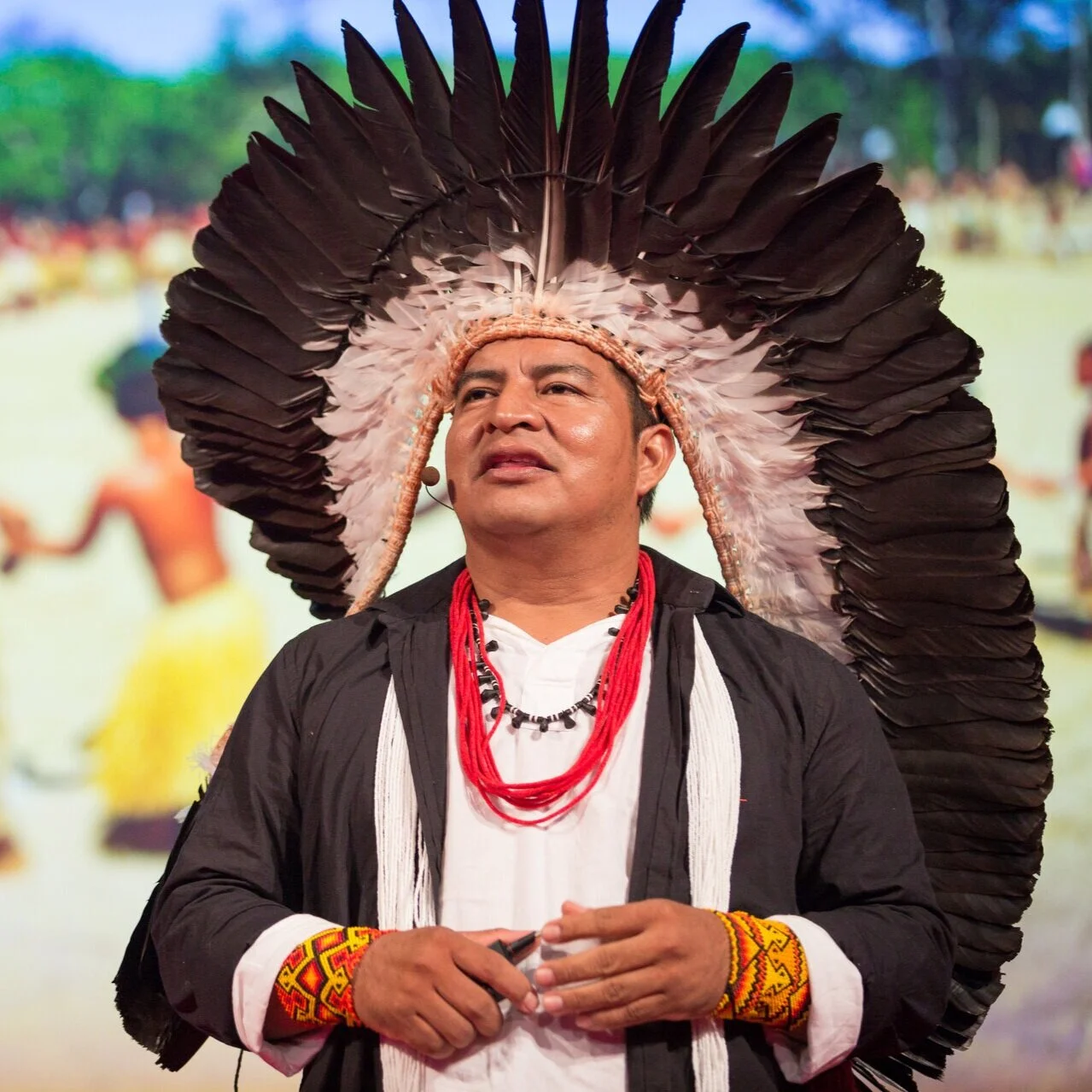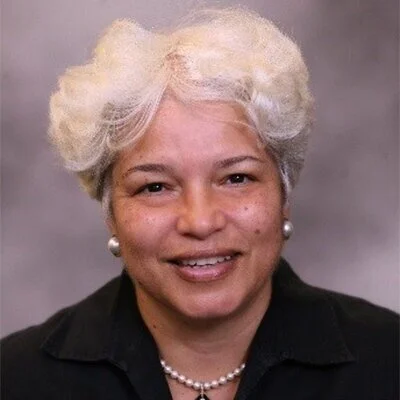Indigenous Cultural Practitioners
Erick Gbodossou
Erick Gbodossou, MD, is both an initiated traditional healer (Benin) and a western trained physician (ob-gyn and psychiatrist) who founded PROMETRA International – The Association for the Promotion of Traditional Medicine. PROMETRA International (www.prometra.org) is an international organization (IO) headquartered in Dakar, Senegal, whose purpose is to preserve African traditional medicine, culture and indigenous science through research, education, advocacy and traditional medical practice. PROMETRA International has twenty-two (27) chapters throughout Africa, Europe, the Caribbean and USA. PROMETRA International conducts scientific research, hosts international conferences and cultural exchanges, publishes a quarterly bilingual journal entitled Medecin Verte, and coordinates a continent wide network of organizations promoting African traditional medicine and culture. PROMETRA International partners with academic institutions throughout Africa, USA, Polynesia and Europe.
Isak Kruiper
Isak Kruiper is a Traditional Spiritual healer of the /Ubijie Sa (Bushmen) tribe of Southern Kalahari. He follows the healing tradition of his mother and grandfather Makai who were both Traditional Healers.
He was born on their Sacred Land in the Kalagadi Park at Twee Rivieren. His calling to become a healer happened at the age of 15 when his ancestors visited him in a dream and told him how he would help people.
He now lives in his community at Witdraai, where he teaches the youth and practices his healing abilities. He also receives visitors from other countries and takes them on the Sacred land for tracking and teaching of the various traditional medicines.
He and his wife Lys are part of a few of the elders left in their community.
Lydia (“Lys”) Kruiper
Lydia (“Lys”) Kruiper is an Elder and Traditional Healer in her community of /Khomani San Bushman of the Kalahari, the first people of the Southern tip of Africa. Lys was born in the Kalagadi Transfrontier Park, which consists of the Southern tip of the Kalahari Desert. The /Khomani San still lived on their land after the Kalagadi Park was proclaimed in 1931, but were removed from their lands in 1976. From that time their lives still had a “nomadic theme” as they were moved to various places from Kalahari to the Cape. In 1999 they were part of the first successful Land claim in South Africa for the first people and received a small portion back of their Sacred Land. It is Lys’ dream that her people will remember who they are and embrace and heal on their land and share knowledge and their tradition with other Bushman tribes that were separated due to the imposing of country borders.
Ilarion Merculieff
Ilarion Merculieff is the last Alaskan Aleut to be raised in a completely traditional way. He grew up in the Men’s House and was mentored by his grandfather and Elders from childhood on. Ilarion was raised in a subsistence lifestyle, learning the skills and knowledge of seal hunting, fishing and gathering in the extreme climate of the Bering Sea. Like others of his generation, Ilarion was taken to distant government run Indian Boarding schools and later to university but these experiences helped form his commitment to serving the earth, specifically the imperiled Bering Straits and the sustainable wisdom of his Ancestors. Ilarion is a storyteller, healer and works internationally to link indigenous elders and healers.
Elmir Muratalieva
Elmir Muratalieva is a Kyrgyz Elder and clairvoyant. Her spiritual journey began in 2008 after being initiated by her Elder, Zulfiya Ibragim. In 2008 she started seeing visions sent from the skies and lives in two worlds since then. Connecting ancestors, spirits and people to preserve nature. Currently, she is working to understand water, fire, wind and stones to be able to unite with nature.
Zhaparkul Raimbekov
Zhaparkul Raimbekov is a Kyrgyz Elder and Healer born in Jonaryk village of Talas province. After working as a livestock farmer, Zhaparkul studied agricultural in a vocational school and worked as a farm manager. In 1999, he received his spiritual calling and became a spiritual practitioner. He established a center of traditional medicine – “Archa Tamyr Rhuanji” – in the Talas provincial hospital, which was in operation until 2009, and in 2012 he began traveling regionally and internationally as an Indigenous Cultural Practitioner. In 2016, he was invited to participate in the United Nations meeting on Snow Leopard Conservation at UN Headquarters in New York City, NY.
Tashka Yawanawá
Tashka Yawanawá is from Acre, Brazil. The son of the former leader of the Yawanawá, Tashka grew up witnessing the virtual enslavement of his people by the rubber industry and experiencing the near annihilation of the tribe’s culture buy missionaries. Since the 1980s, Tashka has actively fought for the rights of indigenous peoples. Realizing he needed further education to improve the conditions of his people, Tashka left the Amazon in 1998 to pursue higher education in the U.S. and abroad. While in the U.S., Tashka met his wife, Laura Soriano, a Mixteca-Zapoteca activist from Oaxaca, Mexico. Tashka was directly involved in the creation of the Non-Indigenous Youth Alliance through which he shares the experiences and knowledge of the Yawanawá with youth around the world, and works with projects that guarantee the preservation of different indigenous cultures. He and Laura also founded the Nawa Institute, an organization to serve indigenous communities. Tashka returned to the Amazon in 2001 and became the youngest chief in the history of the Yawanawá in 2002, when he assumed responsibility for 600 people – all that was left of his people and culture – and 165,000 hectares (400,000 acres) of Amazon rainforest in Brazil, all that was left of their traditional homeland. In just a few years, they managed to double the extent of Yawanawá territory (and population), begin the reinvigoration of the Yawanawá culture, and establish economically and socially empowering relationships with the outside world.
Virginia Davis Floyd
Virginia Davis Floyd, MD, “Ginger”, received her undergraduate education at Spelman College in Atlanta and Sophia University in Tokyo, Japan. She received her MD degree from Howard University College of Medicine in 1976. She completed her residency training in internal medicine at Emory/Grady Memorial Hospital in Atlanta in 1979 and received her Masters of Public Health from Emory University in 1987. As a National Health Service Corps (NHSC) scholarship recipient, she established a rural based primary health care center which continues to serve as the health care nucleus for a rural Georgia community. In 2003 Ginger was appointed as a Visiting Scholar in Traditional Knowledge at Spelman College, Atlanta, Georgia where she serves as a faculty member in the Spelman Independent Scholars (SIS) Program. She also serves as the Executive Director of PROMETRA USA, a nonprofit, US based organization dedicated to research and educational activities within the area of traditional knowledge systems, traditional medicine and global cross-cultural experiences. See detailed cv as attachment.
Apela Colorado Ph.D.
Apela Colorado Ph.D., of Oneida-Gaul ancestry, received her Bachelor of Arts and Master of Science from the University of Wisconsin. As a Ford Fellow, she studied for her Doctorate at both Harvard and Brandeis Universities, receiving a Ph.D. from Brandeis in Social Policy (with a focus on native addictions) in 1982.
Dr. Colorado went on to found the Worldwide Indigenous Science Network (WISN) in 1989. The organization fosters the revitalization, growth, and worldwide exchange of traditional knowledge, and safeguards the lives and work of the world’s endangered traditional practitioners. At its inception and still today, WISN brings together Western scientists and Indigenous practitioners of traditional knowledge in international workshops, conferences, and through overseas projects. The work created a forum and established a process to promote consensus, collaboration, and cooperation between experts of Western and Indigenous Knowledge Systems in conservation and education programs and alternative resource development.








